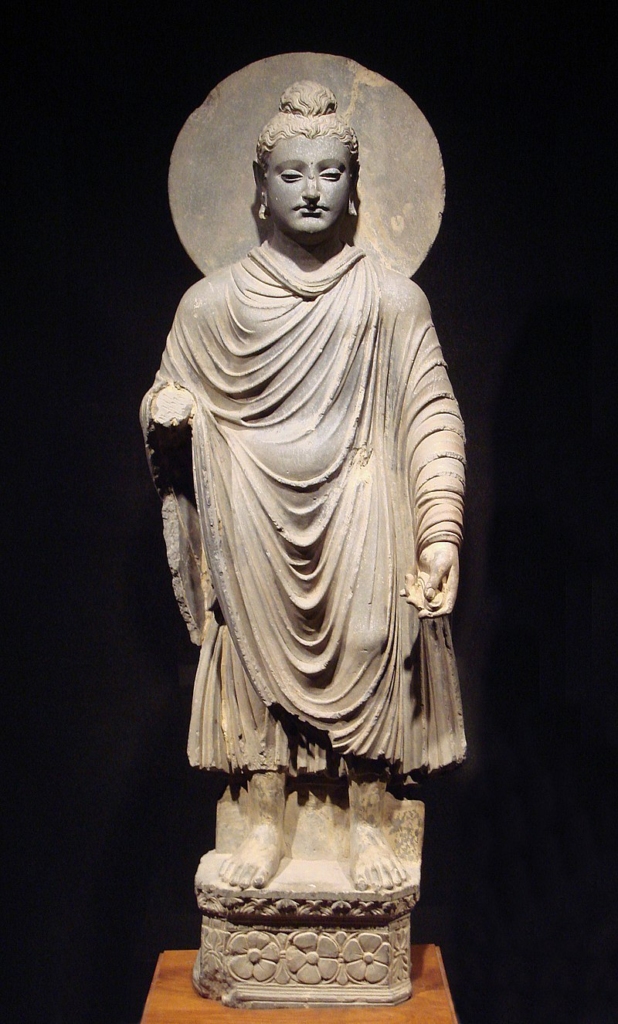Experience of Residency
At the Jetvan Monastery you can experience the benefits of living with a group of people dedicated to the Buddha’s teachings of liberation.
The community is made up of monks who have taken long term vows of monastic training as well as lay people who follow a basic set of training rules. Perhaps you are a layperson who would like to experience the benefits of monastic life for a period of time. Or you may be exploring the possibility of becoming a monk. Living at Jetvan and supporting the community of monks could be an excellent opportunity to develop your spiritual practice.
There is no fixed length of time that people live at Jetvan. Residencies vary from several weeks to a year or more. What matters most is your commitment to your Buddhist practice and your dedication to serve the community. All residents are Buddhist and have taken the Lifetime Precepts.
The monastics at Jetvan follow a large set of ethical and spiritual training rules that form the structure of life at the monastery. Some of these rules are followed by everyone, such as not eating after noon and not engaging in entertainment. Other rules, such as not using money, not driving, and not cooking are followed by the monastics only. As a lay resident your primary work would be to support the community by performing these tasks. Not to worry: there is still plenty of work left for the monastics to do. This particular division ensures that not only will the monastics be a little more cut off from worldly and sensual pleasures, but that they will be dependent on the support of the lay people. In exchange, the monastics are obliged to share their training and learning with their lay supporters.
In addition to the precepts, the daily schedule shapes the experience of life at the monastery. Meditation begins together at five in the morning and is followed by scripture chanting. Then breakfast is eaten in silence and with the meal clean-up the day’s work begins. Lunch, the last meal of the day. Afternoons are often available for personal study and meditation. In the evening, residents and guests gathers together for meditation and chanting in English. Most evenings there is a program—either a talk or Dhamma discussion.

